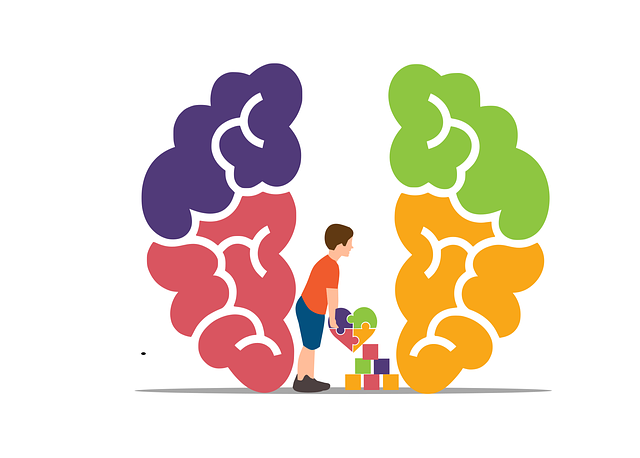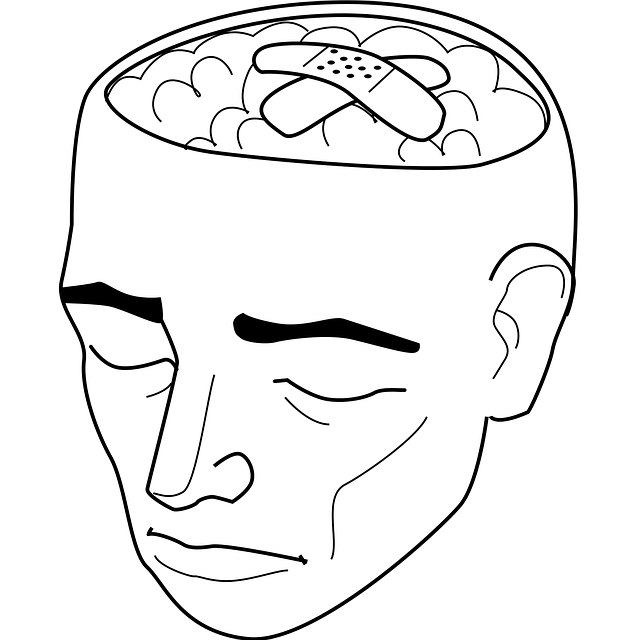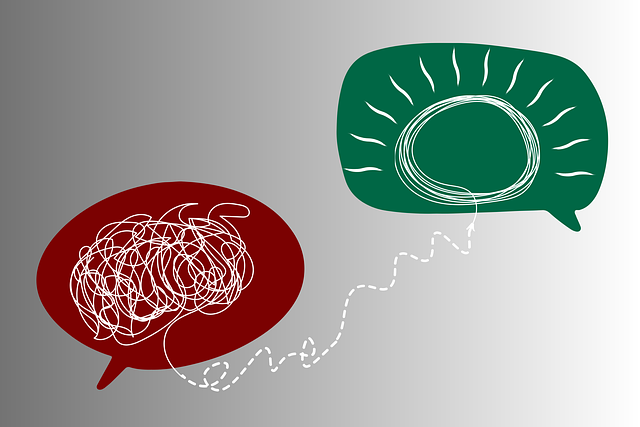Public awareness campaigns led by organizations like Westminster Crisis Counseling Therapy (WCCT) dynamically educate and engage communities. Tailored to specific mental health issues, these campaigns equip individuals with crisis intervention guidance via diverse communication channels. WCCT leverages evidence-based practices and holistic approaches to foster open conversations about well-being, empowering individuals to take control of their mental health. Effective campaigns require strategic audience targeting, clear messaging, and personalized resources. Continuous improvement through evaluation and incorporating evidence-based practices ensures WCCT remains impactful in addressing evolving community needs.
Public awareness campaigns play a pivotal role in informing and engaging communities on critical issues. This article delves into the development of such campaigns, highlighting key strategies for success. We begin with a brief overview of these initiatives, underscoring their significance in societal progress. Subsequently, we explore the expertise of Westminster Crisis Counseling Therapy and its contributions to crafting impactful awareness programs. Through examining essential components and successful measurement techniques, this guide offers valuable insights for stakeholders seeking to enhance public understanding and action.
- Understanding Public Awareness Campaigns: A Brief Overview
- The Role of Westminster Crisis Counseling Therapy in Campaign Development
- Key Components for Creating Effective Awareness Programs
- Measuring Success and Continuous Improvement Strategies
Understanding Public Awareness Campaigns: A Brief Overview

Public awareness campaigns play a pivotal role in educating and engaging communities on various issues. At their core, these initiatives aim to raise understanding, challenge perceptions, and ultimately drive positive change. By utilizing diverse communication channels, from social media and community events to public service announcements, organizations like Westminster Crisis Counseling Therapy can reach a wide audience.
These campaigns are not one-size-fits-all; they must be tailored to address specific concerns, such as burnout prevention strategies for healthcare providers or trauma support services. For instance, effective awareness around crisis intervention guidance can empower individuals to recognize and respond appropriately during times of distress, thereby reducing the impact of mental health crises.
The Role of Westminster Crisis Counseling Therapy in Campaign Development

Westminster Crisis Counseling Therapy plays a pivotal role in developing effective public awareness campaigns for mental health. Their expertise lies in understanding the psychological needs of individuals, particularly during crises. By leveraging evidence-based practices, they contribute to crafting messages that resonate with diverse audiences, fostering open conversations about mental well-being.
The therapy centre’s focus on Depression Prevention, Resilience Building, and Self-Care Routine Development for Better Mental Health ensures that campaigns are not just informative but transformative. They guide the creation of resources and strategies tailored to address common mental health challenges, empowering individuals to take charge of their psychological well-being. This holistic approach not only raises awareness but also equips people with practical tools to navigate life’s hurdles, ultimately leading to a healthier and more supportive society.
Key Components for Creating Effective Awareness Programs

Creating effective public awareness campaigns requires a strategic approach that incorporates several key components. Firstly, defining the target audience is essential to tailoring messages that resonate and prompt action. Understanding the community’s unique needs and challenges, such as those faced by individuals seeking Westminster Crisis Counseling Therapy, allows for more personalized and impactful initiatives.
Secondly, developing clear and concise communication strategies is vital. This includes using accessible language and multiple channels like social media, local events, and educational institutions to reach a broader audience. Integrating resilience-building techniques and social skills training within these campaigns can empower individuals to handle crises and foster stronger community bonds. Moreover, successful implementation of a community outreach program ensures that resources are effectively distributed and utilized, ultimately enhancing the overall impact of the awareness efforts.
Measuring Success and Continuous Improvement Strategies

Measuring success and implementing continuous improvement strategies are paramount to the effectiveness of any public awareness campaign, especially those focused on mental health initiatives like Westminster Crisis Counseling Therapy. To gauge impact, organizers should define clear objectives and employ robust evaluation methods. This includes collecting quantitative data such as attendance rates, survey responses, and changes in perceived knowledge or attitudes towards the target issue. Qualitative feedback from participants can also provide valuable insights into the campaign’s strengths and areas for enhancement.
Continuous improvement necessitates a proactive approach where lessons learned are systematically analyzed and applied to refine future campaigns. Adopting evidence-based practices like Stress Reduction Methods and Mind Over Matter Principles, coupled with fostering Inner Strength Development, can lead to more impactful outcomes. Regularly reviewing campaign materials, delivery methods, and target audience engagement strategies ensures the program evolves to meet changing needs, ultimately enhancing its reach and effectiveness.
Public awareness campaigns, when designed with insights from professionals like Westminster Crisis Counseling Therapy, can significantly shape societal understanding and behavior. By integrating key components and continuously measuring success, these initiatives become powerful tools for positive change. As we’ve explored, effective awareness programs not only educate but also inspire action, ultimately leading to more informed and resilient communities.














